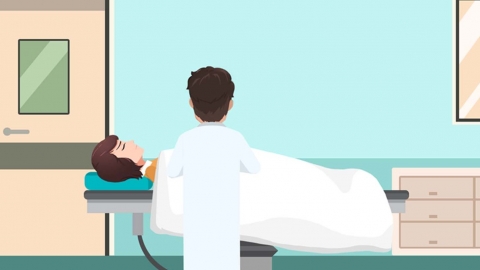Can vision be restored after surgery for a meningioma compressing the optic nerve?
Meningiomas that compress the optic nerve may allow for vision recovery if the tumor is small and promptly removed surgically. However, if the meningioma is large and has caused irreversible damage, vision may not recover well after surgery. It is recommended to seek timely medical attention and receive treatment under the guidance of qualified physicians.

If a meningioma is detected early and the compression on the optic nerve has not yet caused permanent damage, vision may recover after successful surgical removal of the tumor. The degree of postoperative vision recovery is closely related to the tumor's location, size, and severity of optic nerve compression. If the compression is not severe and surgery is performed promptly, the likelihood of vision recovery is higher.
If the meningioma is large and closely associated with the optic nerve, causing significant compression and damage, vision may not easily recover after surgery. If the compression has lasted too long and substantially impaired optic nerve function, vision may be unable to recover even after surgery. After surgery, regular vision assessments should be conducted, and based on these assessments, a personalized visual function training program should be designed to enhance the brain's ability to process visual information and improve eye muscle coordination.
Postoperatively, adequate rest should be taken, and excessive eye strain should be avoided to prevent additional burden on the eyes. At the same time, dietary adjustments should be made, including increased consumption of foods rich in vitamins A, C, and E, such as carrots, spinach, and others.




